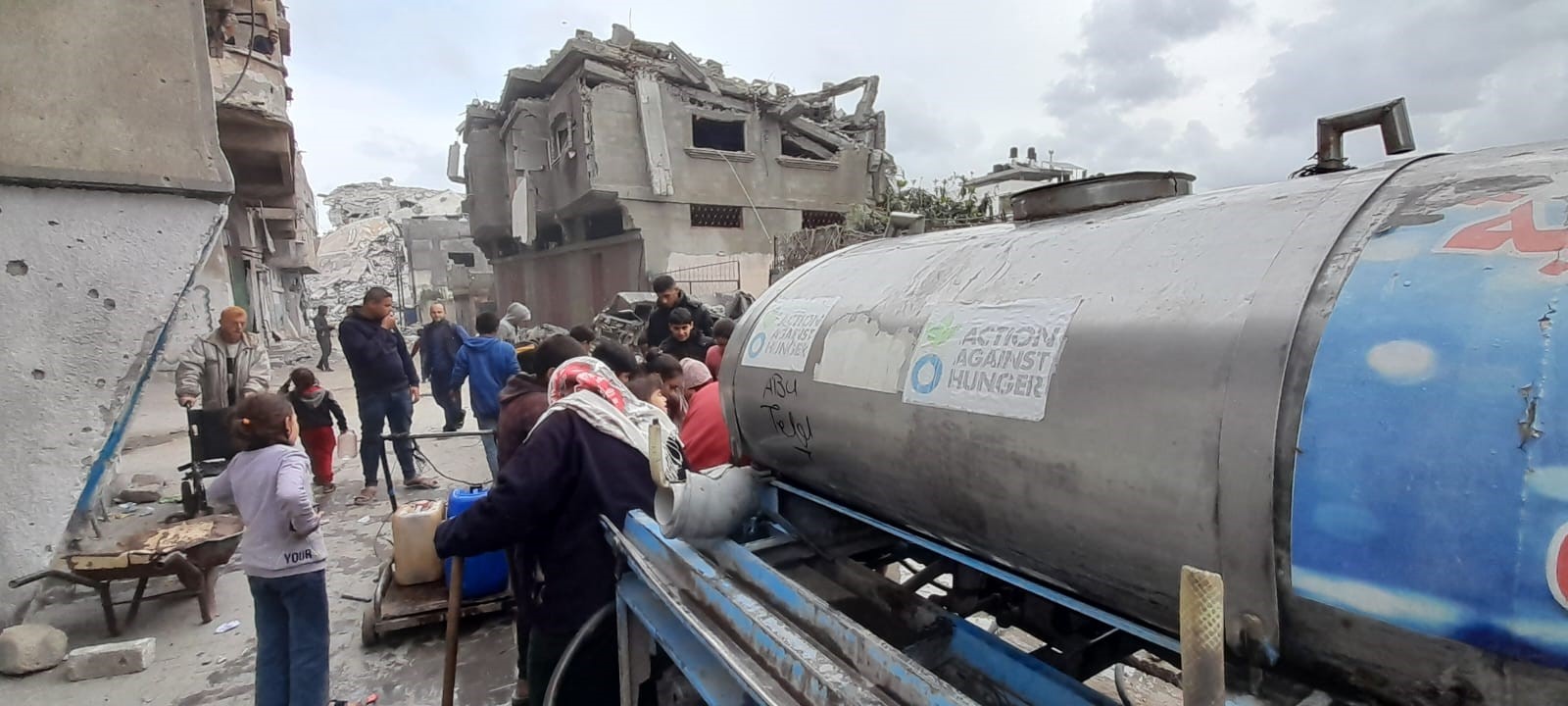After 15 months of relentless conflict that has caused immense suffering and extreme hunger in Gaza, the announcement of a ceasefire offers a long-awaited reprieve for millions. Families torn apart by violence can now look to rebuilding their lives, but the humanitarian needs remain urgent and overwhelming.
For more than a year, the humanitarian sector has been calling for an end to the fighting. While the ceasefire is a critical and welcome step forward, it must be accompanied by an immediate and significant scale-up of humanitarian aid to address the widespread destruction and human suffering.
Before the conflict, Gaza received around 500 trucks of humanitarian aid each day, a figure that was already falling short of meeting the population’s needs. By 2024, this number had dropped dramatically to just 100 trucks daily. In Northern Gaza, aid has been blocked from reaching the region entirely, leading to the imminent risk of famine and deaths from malnutrition. The ceasefire agreement aims to raise the number to 600 trucks per day, but the scale of destruction and displacement demands far more.
“Thousands of families have been in extreme hunger for months, not knowing when or where their next meal will come from. The commitment to increasing aid is a step in the right direction, but it falls far short of what’s needed,” said Natalia Anguera, Action Against Hunger’s Head of Operations in the Middle East. “Even before the conflict, 500 trucks a day couldn’t meet the needs of Gaza’s population. Now, with entire neighbourhoods reduced to rubble, thousands of families displaced, and critical infrastructure in ruins, the response must scale up dramatically.”
“This ceasefire must open the floodgates to an unprecedented surge of humanitarian aid to Gaza. We need more aid, more entry points, and guaranteed safe passage for deliveries to reach those in desperate need.”
It is also vital that the Israeli authorities ease restrictions on critical supplies, particularly materials needed to restore water and sanitation systems, as well as winter essentials like tent platforms and waterproof clothing, in order to reduce denials, delays, and refusals at crossings.
With the ceasefire now in place, Action Against Hunger will intensify its efforts to resume and expand initiatives aimed at rebuilding and restoring homes, schools, bakeries, and healthcare facilities. The organisation urges the international community to uphold the ceasefire and prioritise funding for long-term recovery and sustainable peace.
The conflict in Gaza has seen unparalleled destruction, with over 46,000 people killed, families displaced repeatedly, widespread damage to infrastructure and catastrophic levels of hunger, with the worst suffering concentrated in the north of the enclave.
Action Against Hunger in Gaza
Action Against Hunger has been working in Gaza for more than 20 years. Since October 2023, the organisation has doubled its staff in Gaza from 60 to 130 humanitarian workers, and has assisted more than one million people in Gaza and the West Bank.
Through the distribution of meals and clean water, treatment of malnutrition among women and children, and support for farmers and small businesses, Action Against Hunger has been at the forefront of the response to this crisis.


